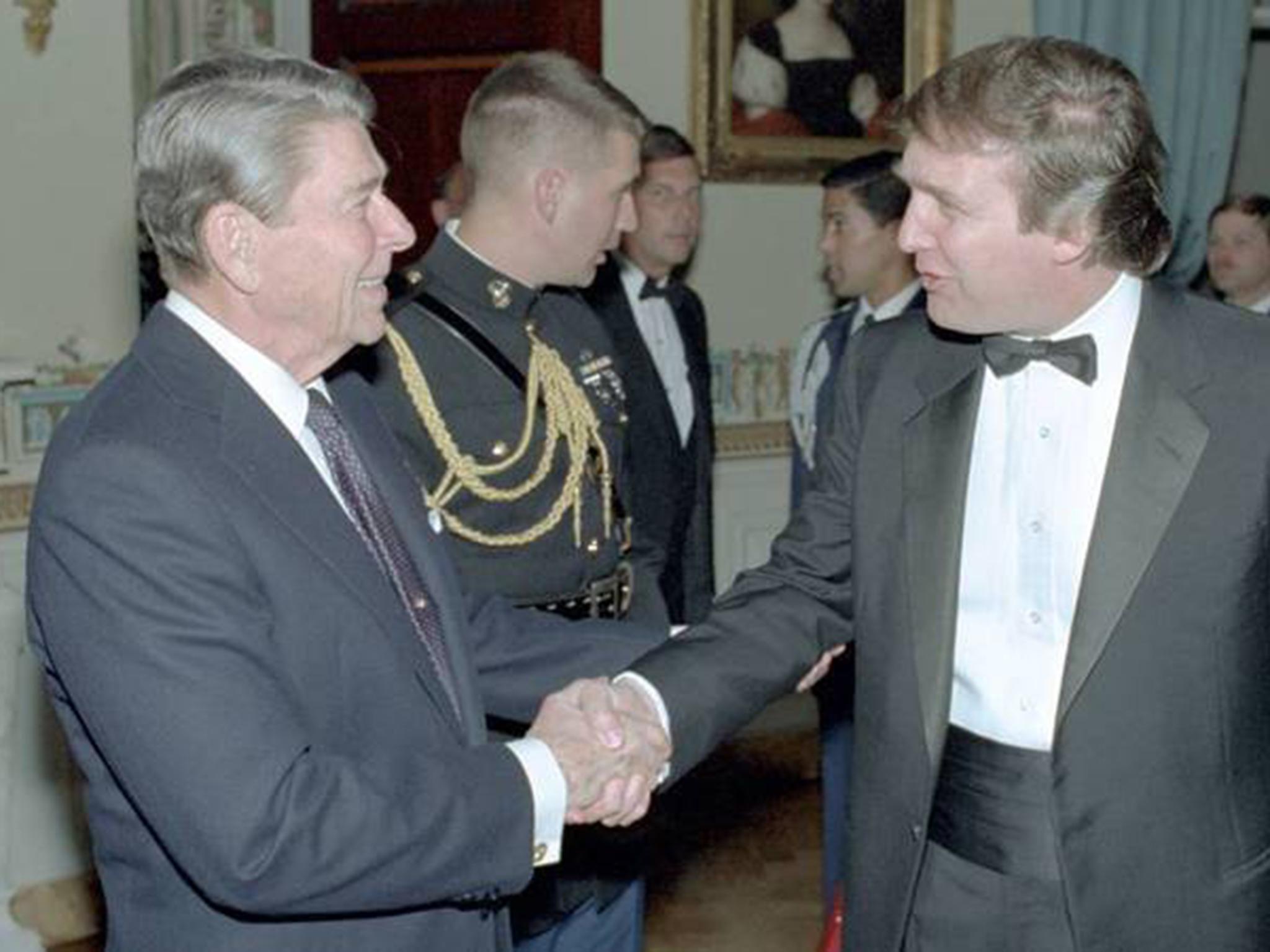Donald Trump’s victory is democracy at work – whether we like it or not
Those around at the time may also recall the shock felt when Ronald Reagan was elected president in 1980. He too defeated the political establishment, the consensus politics that had governed America since the Second World War


Well, at least he can’t say the election was rigged.
“Trust the people” is a great old political slogan, and it’s at times such as these that you have to cling on to it. If you believe in democracy, you have to believe in the people, and you have to bring yourself to believe in Donald Trump, or at least the redemptive power of democracy.
That is the point about elections; they can refresh, re-invigorate and reform institutions and cultures. If we didn’t have them we’d be run by a self-perpetuating bureaucracy. At best. Every presidential election offers the opportunity to make a change, to have a radically different personality in the White House. In history there have been many such personalities, on the left as well as the right. Barack Obama was actually quite a departure in himself, and the likes of Abraham Lincoln, Franklin Roosevelt and John F Kennedy were all a break with the past, to a degree feared by much of the establishment of the day.

Those around at the time may also recall the shock felt when Ronald Reagan was elected president in 1980. He too defeated the political establishment, the consensus politics that had governed America since the Second World War. OK, he was a statesman compared to Trump, but he was still a shock. Revered nowadays, at least in America – Trump, after all, revived his “Make America Great Again” soundbite – he was feared, loathed and underestimated in equal measure in his day. In Europe, there was nothing short of consternation that this B-movie actor, who once co-starred with a chimp in the otherwise unmemorable film Bedtime for Bonzo, had been elected to lead the free world. A nuclear war with Russia was fully expected. Before long the jokes about Reagan’s lack of intellect started to circulate. There was a satirical song in Britain entitled “I can't believe Ronald Reagan is president” which contained these lyrics:
“I'm prepared to believe that things go better with Coke.
And that the Ayatollah tells a darn good knock-knock joke.
I believe that some folks can hear what Bugs Bunny is saying.
And that Salt Lake City is a real nice place to stay in.
I believe that JR really loves Sue Ellen
I believe that things sound better when you're yelling
And I believe that the devil is ready to repent
But I can't believe Ronald Reagan is president.”
Then as now there was good deal of European snobbery about the Americans’ ability to run their own affairs. This time round, though, in elections in France and Germany in the coming months, the great global peasants’ revolt that started with Brexit and has been carried on by the Trump surge may yet upset the old verities in Paris and Berlin.
What is plain for now about this result is that a great many Americans believe that their country, and particularly their economy, wasn’t working for them, and hasn’t been working for them for some time. Too many jobs have been lost, incomes among the middle classes have been stagnant for too long, and the federal government’s debts are too uncomfortably large. American voters, or at least a sizeable proportion of them, wanted a break with what they regard as a failed past. To put it another way, globalisation, and the politicians that represented it, such as Hillary Clinton, have lost the argument, and Donald Trump’s aggressive protectionism has obviously won.
None of that means that “the people” don’t make mistakes, or, to borrow a phrase of the Chancellor, Philip Hammond, inadvertently vote to make themselves poorer. What it does mean is that, to borrow a phrase, the voters can say to a government or even an entire political establishment and say “You’re fired!” Democracy, even when we don’t like the results, is a wondrous thing, even if President Trump is not.
Join our commenting forum
Join thought-provoking conversations, follow other Independent readers and see their replies
Comments
Bookmark popover
Removed from bookmarks